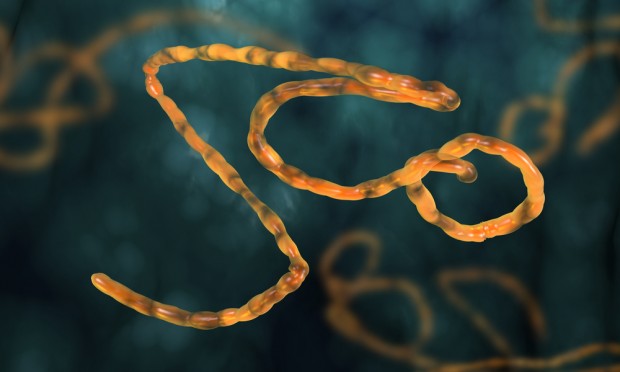Ever had that moment when you come down with a cold, Google your symptoms, and diagnose yourself with some exotic disease that (if you actually had), would probably end up with you six feet under?
Yes. We all have.
Bearing this in mind, let me introduce you to Ebola. It looks a little something like this:
How it Began
Earlier this year in March, an outbreak of the virus occurred in Guinea. By July, the outbreak had spread to Liberia, Nigeria, and Sierra Leone. Cases are still being reported in all of these countries. According to the World Health Organisation, the epidemic has caused a total of 574 confirmed deaths, although there are a number of unofficial unreported cases. The organisation is considering declaring a global health emergency.
Two American aid workers that were exposed to and contracted the virus while in Liberia have been brought back to the United States. CNN reports that they have been treated with an experimental drug that was not tested for safety for humans and has not passed Federal Drug Administration clinical trials. Ordinarily, drugs are not provided to humans before passing these trials, but they were made available to the Americans through an unusual procedure. It seemed to ease the symptoms of one of the Americans within an hour to 20 minutes, with almost the same effect on the other in two doses.
The outbreak has caused a 59% mortality rate in African regions affected by it.
The Symptoms
Medically known as Ebola haemorrhagic fever, the disease is caused by four of five highly infectious viruses in the genus Ebolavirus. Symptoms of the disease start off with average flu-like symptoms, including a sore throat, cold, fever, and headaches, but will escalate into nausea, diarrhea, and often difficulty breathing, along with the presence of a characteristic rash. The last stage of the infection will often see the patient manifest heavy internal and external bleeding.
Is there a cure?
There is currently no known cure. However, the experimental drug, known as a monoclonal antibody provides some promise. Some patients afflicted with the virus do end up recovering with proper management of symptoms, but some do not. It is not known why, though it appears that patients that do recover build up a quick and significant immune response to the virus.
Travelers have been advised against going to regions of Africa afflicted with the outbreak, and those returning from Africa are advised to keep an eye out for symptoms similar to the aforementioned ones.
Your cold? It’s probably just a cold. Don’t worry about it




